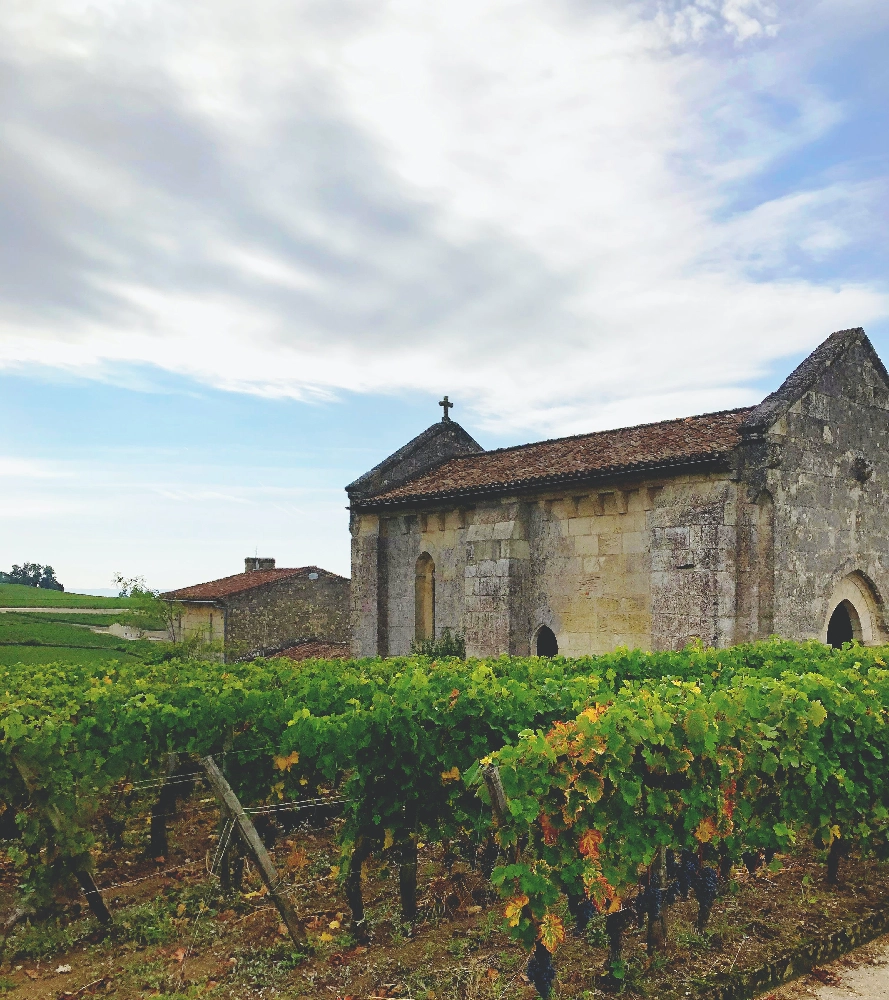
Mantinia Wineries & Wines Stats
Wineries
7
Wines
68
Unraveling the Cultural Impact of Mantinia Wines: A Rich Tapestry of History, Tradition, and Terroir
Introduction: Mantinia, an intriguing wine region nestled in the Peloponnese peninsula of Greece, boasts a rich cultural heritage that intertwines history, tradition, and terroir. Known primarily for its distinctive Moschofilero grape variety and the wines it produces, Mantinia is more than just a geographical location; it is a testament to the power of wine as an integral part of human culture.
Region Name and Geography: Located in the central part of Peloponnese, the Mantinia region encompasses the municipalities of Mantinia, Pefki, and Limnes. Its unique geographical position offers a diverse range of microclimates, with vineyards situated on various altitudes, ensuring optimal growing conditions for its grapes.
Wine Style: The wines of Mantinia are renowned for their elegant character and subtle complexity. The region's wine style is defined by its distinctive Moschofilero grape variety, which dominates the vineyards. Known for its light body and vibrant acidity, these wines exhibit delicate floral and fruity aromas, with a hint of spice and minerality that reflects the terroir's distinctiveness.
Grapes: The heart of Mantinia lies in its primary grape variety, Moschofilero (Μοσχοφύληρο). This ancient Greek grape is believed to have originated from the Peloponnese region and is now exclusively grown in the Mantinia area. Moschofilero wines display a captivating balance of elegance, finesse, and complexity, making them a unique expression of Mantinia's terroir.
Food Pairings: Mantinia wines are versatile when it comes to food pairing, making them an excellent choice for various culinary occasions. Their delicate flavors complement a wide range of dishes, from grilled meats and fish to vegetarian options such as tomato-based pasta or Mediterranean salads. The refreshing acidity and subtle minerality of Mantinia wines make them perfect companions for spicy and herbal dishes, adding another layer of complexity to the dining experience.
Historical Significance: Mantinia's cultural impact transcends the realm of wine. This region has a rich historical heritage, as it was once an essential part of ancient Sparta's agricultural production. The ruins of ancient vineyards and wineries discovered in the area attest to the region's long-standing wine tradition.
Traditional Practices: Mantinia's commitment to its cultural heritage is reflected in the traditional practices employed in winemaking. These include the use of organic farming methods, which respect the land and prioritize sustainability. Additionally, many local wineries maintain the centuries-old practice of harvesting grapes by hand, ensuring the highest possible quality and preserving the region's time-honored traditions.
Conclusion: Mantinia's cultural impact extends far beyond the confines of its vineyards, as it offers a captivating journey through Greece's rich history, tradition, and terroir. From the elegance and complexity of its wines to the deep-rooted connection between the region's people and their land, Mantinia stands as a testament to the power of wine in shaping human culture.
